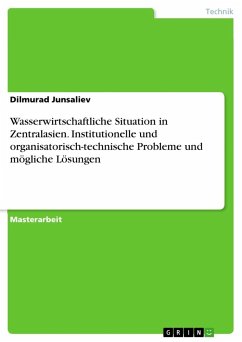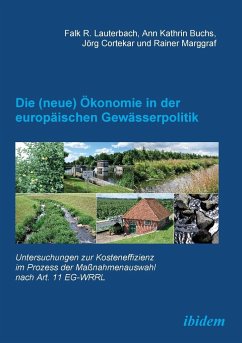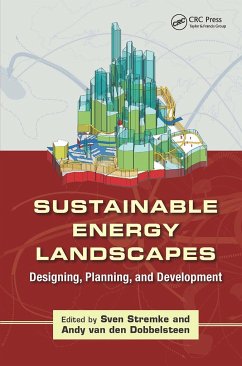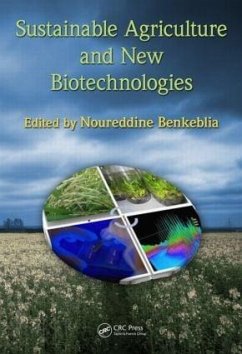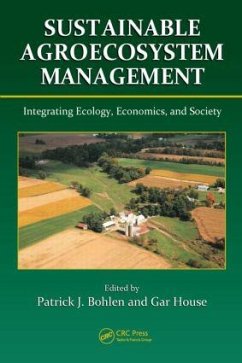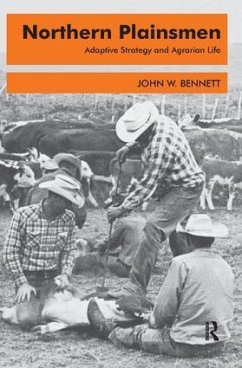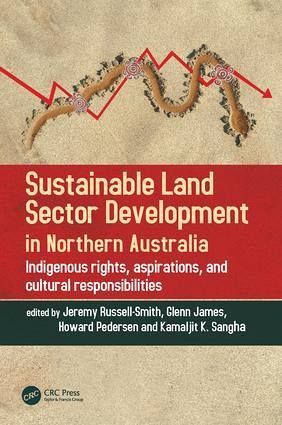
Gebundenes Buch
Sustainable Land Sector Development in Northern Australia
Indigenous rights, aspirations, and cultural responsibilities
Herausgeber: Russell-Smith, Jeremy; Pedersen, Howard; James, Glenn
Versandkostenfrei!
Versandfertig in 1-2 Wochen

PAYBACK Punkte
115 °P sammeln!




This book sets out a vision for developing North Australia based on a culturally appropriate and ecologically sustainable land sector economy, supporting both Indigenous responsibilities and community aspirations, as well as enhancing enterprise opportunities for society as a whole.
Jeremy Russell-Smith is an ecologist who, since the early 1980s, has worked and published extensively on fire ecology, carbon market, and Indigenous land management issues in northern Australia, and related issues elsewhere in the tropics. He is the Professor of tropical fire ecology and management at Charles Darwin University, Darwin, where he leads the applied research program of the Darwin Centre for Bushfire Research. Howard Pedersen has been working with Indigenous leaders in northern Australia as policy advisor and speechwriter since the early 1980s. He has worked in government and Aboriginal organisations and his professional experience spans the breadth of the big picture policy issues which have shaped northern Australian development including land rights and native title, economic empowerment and cultural protection and renewal. In 1995 his award winning book, Jandamarra and the Bunuba Resistance, written in collaboration with story teller Banjo Wurunmurra, was released and subsequently promoted through children's books, an award winning TV drama/documentary and theatre productions. Howard currently works as policy advisor to the Yawuru native title holders in Broome. Glenn James is the Program and Policy Manager with the North Australian Indigenous Land and Sea Management Alliance Ltd in Darwin. He has lived in remote Central and North Australia for almost 30 years. Over this period his work has spanned a number of interrelated areas including Indigenous community arts, Anthropology and land management enterprise; in recent years focussing on tools to identify and track the health of local Indigenous values as they transition to land management based enterprise. Glenn's formal education in Political Science, Philosophy and Anthropology, combined with his equally formative lived experience in remote communities and many personal and professional relationships in remote Australia, informs his long term support for the aspirations and achievements of Indigenous people. Kamaljit Sangha works as an ecological economist at the Darwin Centre for Bushfire Research at Charles Darwin University. Currently she is involved in developing mechanisms for Payments for Ecosystem Services (PES), highlighting the role of natural systems for human wellbeing especially in Indigenous and local communities, and valuing ecosystems for their services (ES) to inform policy decision making.
Produktdetails
- Verlag: CRC Press
- Seitenzahl: 246
- Erscheinungstermin: 4. Juni 2018
- Englisch
- Abmessung: 260mm x 183mm x 18mm
- Gewicht: 665g
- ISBN-13: 9781138600201
- ISBN-10: 1138600202
- Artikelnr.: 54161973
Herstellerkennzeichnung
Libri GmbH
Europaallee 1
36244 Bad Hersfeld
gpsr@libri.de
Für dieses Produkt wurde noch keine Bewertung abgegeben. Wir würden uns sehr freuen, wenn du die erste Bewertung schreibst!
Eine Bewertung schreiben
Eine Bewertung schreiben
Andere Kunden interessierten sich für




